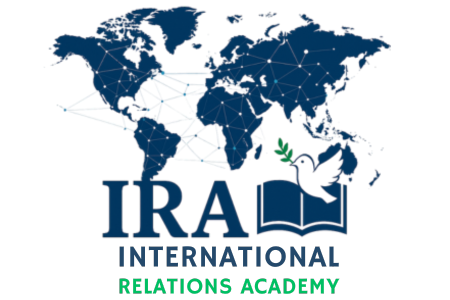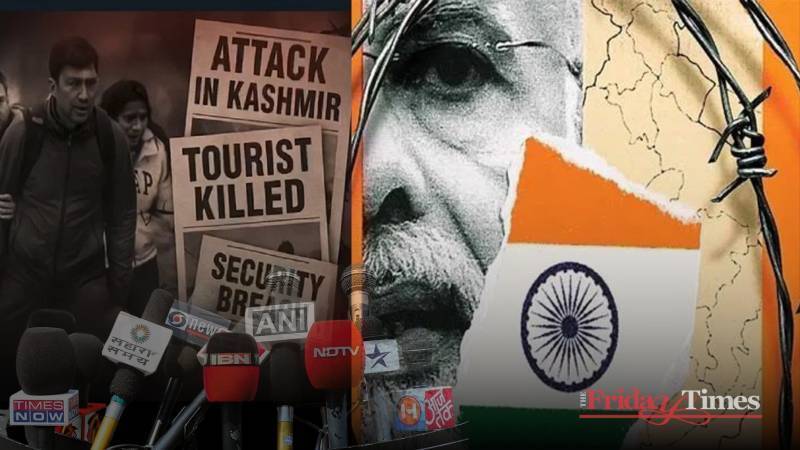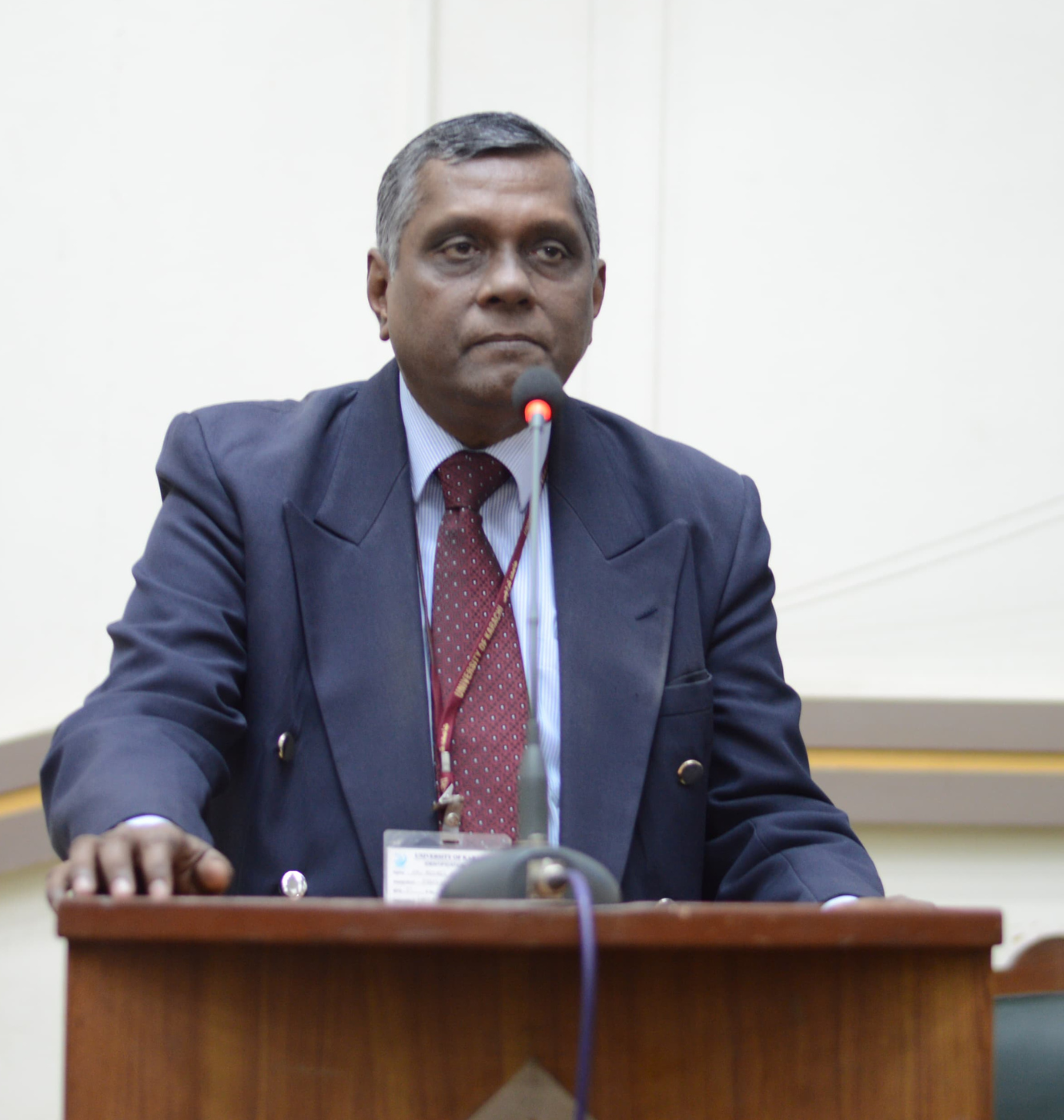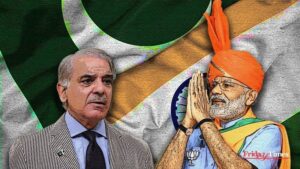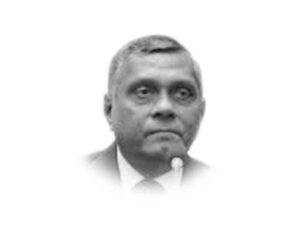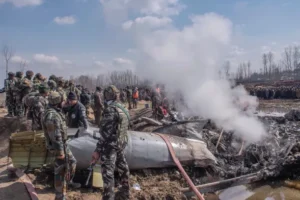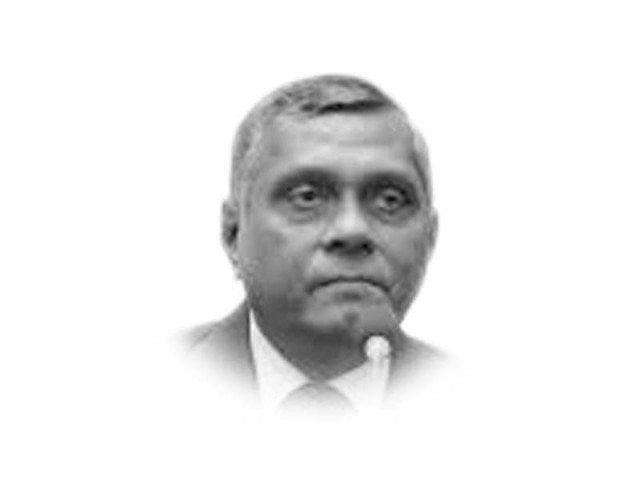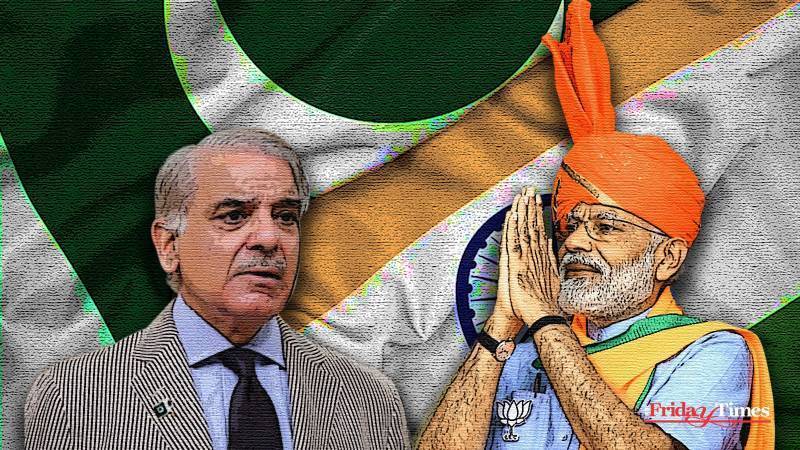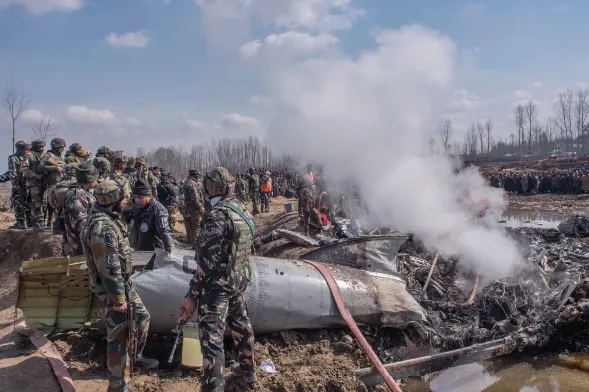India faces diplomatic isolation after the Pahalgam attack, as global forums reject its anti-Pakistan narrative and key allies distance themselves
India’s reservations over the trilateral meeting held in Kunming, China on 19 June—comprising Chinese Vice-Foreign Minister Sun Weidong, Pakistan’s Additional Foreign Secretary Imran A. Siddiqui, and Bangladesh’s Acting Foreign Secretary Rahul Siddiqui—are a recent indication of New Delhi’s growing sense of insecurity and isolation. Reacting to the trilateral meeting, India’s Ministry of External Affairs spokesman Randhir Jaiswal stated, “We maintain a constant watch on the developments in our neighbourhood that have a bearing on our interest and national security.” However, the trilateral meeting’s communiqué made it clear that it “was not targeting any third party.”
The back-to-back setbacks suffered by India after the Pahalgam episode reflect how the international community rejected the Indian narrative about Pakistan’s alleged involvement in terrorism and refused to side with New Delhi. The election of Pakistan as Vice-Chairman of the UN Counter-Terrorism Committee, the growing U.S. tilt towards Pakistan following Chief of Army Staff General Asim Munir’s visit to the White House, the refusal of the Shanghai Cooperation Organisation (SCO) to include India’s version of events in the joint communiqué at the Qingdao meeting, Iran’s praise of Pakistan’s role in its conflict with Israel, and the low-key role of Prime Minister Narendra Modi at the G7 Summit in Canada, all point to a major dent in India’s regional and global power ambitions. Furthermore, the decision by the international tribunal at The Hague to reject India’s unilateral suspension of the Indus Waters Treaty (IWT) represents a major legal and diplomatic setback for New Delhi.
In the aftermath of the 2016 Uri terrorist attack in Indian-held Jammu & Kashmir, Prime Minister Narendra Modi vowed to isolate Pakistan in the region and globally. That effort initially gained momentum when Afghanistan, Bangladesh, Bhutan, and India refused to attend the 19th SAARC Summit scheduled to be held in Islamabad in November 2016. Pakistan was placed on the FATF grey list, and India’s narrative regarding Islamabad’s alleged involvement in terrorism found partial international acceptance. But, nearly nine years later, it is India that now faces isolation—despite its status as the world’s fifth-largest economy and its supposed clout in global capitals. A recent example is the failure of the Indian delegation, led by Member of Parliament Shashi Tharoor, to garner international support for its claims of Pakistani involvement in the Pahalgam terrorist attack.
Zionism & Hindutva | India’s South Asia Isolation & Hegemony Dreams | Wooing the American Bloc
For the first time in the SCO’s history, no joint statement was issued because India refused to sign the document
According to Saurabh Trivedi’s article, “Pahalgam Excluded: India Declines to Sign SCO Statement”, published on 25 June 2025 in The Hindu, “According to sources, Defence Minister Rajnath Singh refused to sign the document on Thursday as it did not mention the Pahalgam attack but included militant activities in Balochistan. Pakistan and China were trying to divert attention from terrorism and the document would have diluted India’s position on critical issues, particularly terrorism and regional security.” In his address at the SCO meeting in Qingdao, Mr Singh stated that a terror group, The Resistance Front (TRF), carried out a “dastardly and heinous attack” on innocent tourists in Pahalgam, Jammu & Kashmir, killing 26 civilians including a Nepali national. The victims, he said, were shot after being profiled based on religious identity. TRF, a proxy of the United Nations-designated Lashkar-e-Taiba, had claimed responsibility.
Rajnath Singh became visibly agitated during the SCO meeting when he was not allowed to speak after Pakistan’s Defence Minister Khawaja Asif had addressed the gathering—citing technical grounds. For the first time in the SCO’s history, no joint statement was issued because India refused to sign the document. This suggests that all SCO members, except India, adopted a position contrary to Rajnath Singh’s. Calling the outcome a pro-Pakistan stance, India rejected the joint communiqué. Singh reportedly remarked that the statement “suited Pakistan’s narrative” because it omitted mention of the April attack while including references to terrorist activity in Balochistan—a region where Pakistan has long accused India of supporting separatist groups, an allegation New Delhi denies.
India’s diplomatic failure post-Pahalgam highlights a fundamental miscalculation in its approach towards countering Pakistan’s narrative on terrorism
What has gone wrong with India’s policy of seeking an upper hand in regional and global affairs by isolating Pakistan? Is there any introspection in New Delhi about the failure of its diplomacy following the Pahalgam episode? Why has the United States—India’s partner in the QUAD and a long-time foreign policy ally—taken a different stance under the second Trump administration? Why did the influential Indian lobby in Washington fail to prevail over U.S. decision-makers? And why did India fail to persuade its long-time ally Russia to support its stance in the SCO Defence Ministers’ meeting? These are among the key questions raised by the current diplomatic challenges India is facing.
Why Did India Blame Pakistan for Pahalgam, But Pakistan Didn’t Accuse India Over Jaffer Express?
It is worth examining how India’s mishandling of the Pahalgam episode and Operation Sindoor contributed to its diplomatic debacle. First, India miscalculated its response following the Pahalgam terrorist attack. By squarely blaming Pakistan for the incident and refusing Islamabad’s offer to conduct a neutral investigation, New Delhi alienated potential international support. No country backed India’s claims against Islamabad, nor did they support Operation Sindoor, which saw India launch cross-border strikes against Pakistan on 7 May. As the global community refused to buy India’s narrative post-Pahalgam and Operation Sindoor, frustration in New Delhi—especially with the United States—began to mount.
For the first time in years, voices emerged within India questioning the reliability of the United States, particularly in light of President Trump’s policy of equating India and Pakistan. Modi’s polite refusal to accept Trump’s invitation to Washington after the G7 Summit—knowing that Pakistan’s Chief of Army Staff was also hosted at the White House—is indicative of a widening rift between Washington and New Delhi.
Second, the Modi regime’s failure to take a clear position during Israel’s attacks on Iran further alienated Tehran. Reports of collaboration between Mossad and India’s intelligence agency RAW in targeting Iranian military and nuclear scientists severely eroded trust. India’s silence over the U.S. strikes on Iranian nuclear facilities also antagonised Tehran, which was evident when Iran refused to back India’s position at the SCO Defence Ministers’ meeting in China. This reflects a broader pattern of Indian foreign policy failing to act decisively on key issues. Perhaps the growing arrogance and misplaced confidence of India’s leadership—believing in its presumed indispensability on the world stage—backfired. India’s treatment of religious minorities and alleged targeting of Sikh dissidents in Canada have also tarnished its international image.
The Isolation Game: Modi’s Tactical Misfires And Pakistan’s Diplomatic Victory
Opposition parties in India, particularly the Congress, have criticised the Modi regime for mishandling the Pahalgam episode and Operation Sindoor. India’s poor military performance against Pakistan, particularly the air force’s inability to achieve its objectives, has further damaged the Modi government’s reputation. The rift in Indo-U.S. relations deepened when India refused to accept President Trump’s claim that he played a central role in negotiating a ceasefire between the two nuclear powers. By openly challenging Trump’s claim, India took an unprecedented anti-U.S. stance.
Finally, India’s diplomatic failure post-Pahalgam highlights a fundamental miscalculation in its approach towards countering Pakistan’s narrative on terrorism. It also reveals the weakness of the Indian lobby in Washington and other key world capitals. India failed to convince FATF to re-add Pakistan to the grey list and could not sway the IMF or World Bank to withhold loans to Islamabad on the grounds of alleged terror financing.
From every angle, this is a moment of reckoning for Indian diplomacy. Its inability to project and gain support for its narrative against Pakistan has become apparent. The final blow came during the SCO Defence Ministers’ meeting when a joint communiqué was shelved due to India’s refusal to endorse it. As an ‘injured lion’, Narendra Modi now seems to be looking for an opportunity to avenge India’s diplomatic humiliation in various international forums.
